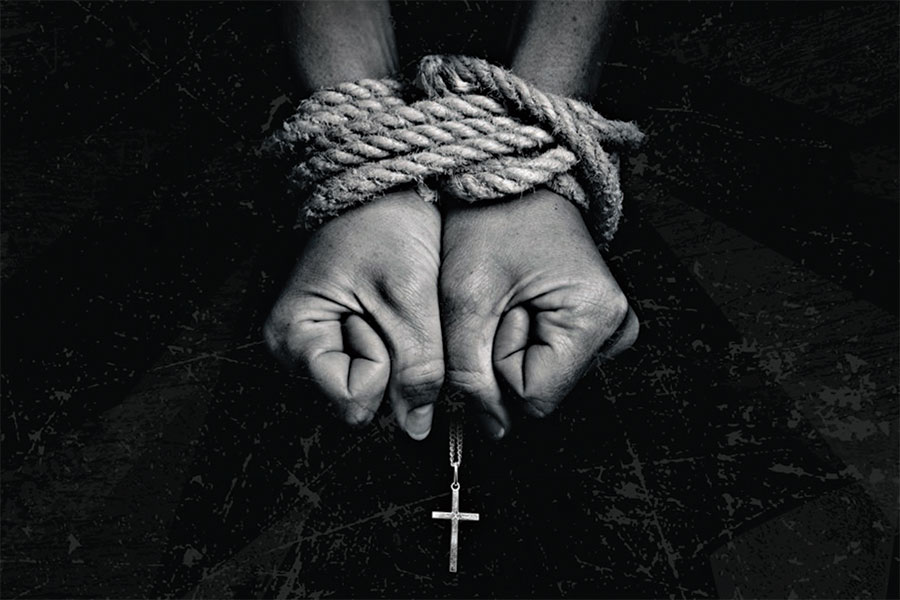
The violent persecution of Christians has intensified significantly in the last seven years, with much of this violence shifting to China and India, writes religion journalist Rupert Shortt in the British magazine The Tablet (April 20). Shortt reported on the widespread abuse and repression of Christians in his 2013 book Christianophobia, which, despite its title, was not a polemic about the “clash of civilizations,” with the author finding more anti-Christian prejudice and violence existing outside of Islamic militancy, often directed at the very poor. Today, “It is in the China of Xi Jinping and the India of Narendra Modi…that the plight of Christians has worsened most dramatically.” Shortt cites recent data from Open Doors UK and Ireland showing that persecution in China is the worst it has been in more than a decade, with some church leaders saying it is at its highest level since the Cultural Revolution that ended in 1976. He cites the example of the Church of Almighty God, which had close to 11,000 of its members arrested last year across 30 of the 34 province-level administrations in China. India has entered Open Doors’ World Watch List for the first time, as Hindu nationalists have launched increasing attacks against Christians and church buildings. Shortt adds that nationalism is also a factor in the growth of intolerance against religious minorities in Bhutan, Burma, and Nepal.
Shortt writes that notwithstanding India and China, Wahhabi Islam and violent jihadism, moving from their Middle Eastern center to the peripheries of the Islamic world, remain the chief threat to religious freedom worldwide. Indonesia has seen a growing number of attacks on churches, while Nigeria is “still the place where Christians are most likely to face violent deaths.” In the North and Middle Belt of the country at least 3,700 church members were killed in 2018, almost twice as many as during the previous 12 months. Shortt criticizes European leaders for their silence on this wide-scale persecution, particularly in relation to Islamic extremism. He points out that while religion is over-blamed for conflict, it is not true that it deserves no blame at all. Shortt concludes by observing that, while there are different repertoires regarding violence in Christianity and Islam, “both faiths insist on the sanctity of the person, and from this there should follow recognition of religious freedom as the first of human rights.”
(The Tablet, https://www.thetablet.co.uk/)
